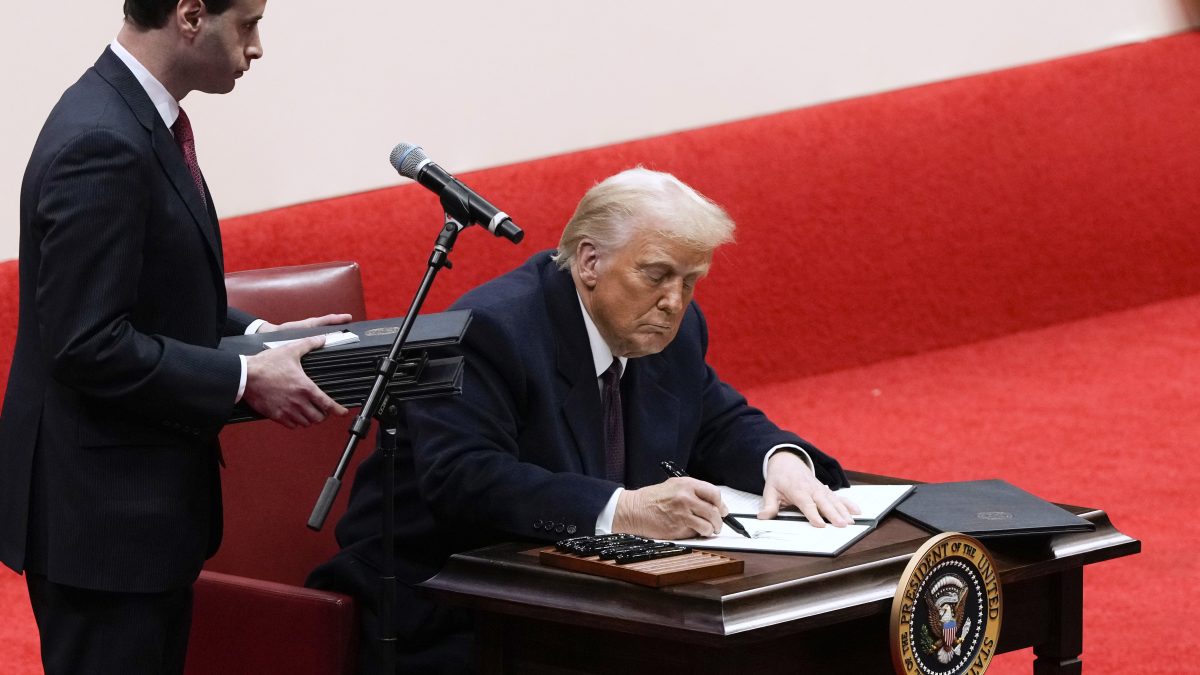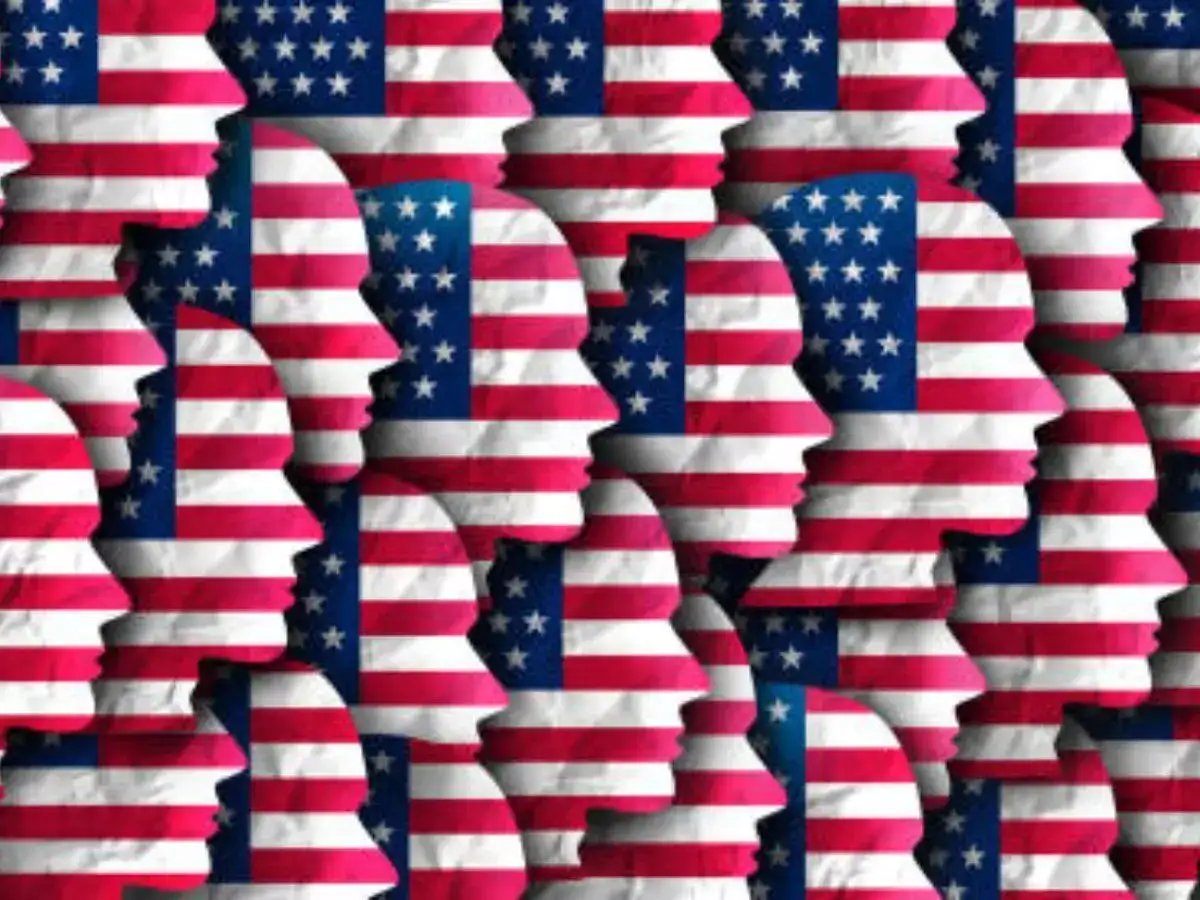22 States & Civil Rights Groups Sue Trump Over Birthright Citizenship Order Impacting Skilled Visa Families
This executive order and the ensuing legal battle create significant uncertainty for skilled visa holders and their families regarding the citizenship status and future rights of their US-born children.
)
Subscribe to our newsletter and stay informed about latest H1B news, policy updates and and other developments.
Article Summary
President Trump issued an executive order aiming to end birthright citizenship for children born in the US to non-citizen parents, including those on temporary work visas. In response, 22 Democratic-led states, civil rights organizations, and immigrant advocacy groups filed multiple lawsuits challenging the order, citing the 14th Amendment and a 1898 Supreme Court precedent. These legal actions seek to block the order, which opponents argue would deny citizenship to over 150,000 children annually and restrict access to federal programs.
Original Article: firstpost.com
[ Sentiment: neutral | Tone: factual ]
This summary and analysis were generated by TheNewsPublisher's editorial AI. This content is for informational purposes only; it does not constitute legal or immigration advice.
[ Sentiment: neutral | Tone: factual ]
This summary and analysis were generated by TheNewsPublisher's editorial AI. This content is for informational purposes only; it does not constitute legal or immigration advice.
TNP AI: Key Insights
The proposed policy directly impacts the families of skilled professionals on H-1B and other work visas, introducing a new layer of complexity and anxiety regarding their children's future status and access to essential services like Medicaid, and later, employment and voting rights. This represents a fundamental shift from decades of established interpretation of the 14th Amendment, affecting workforce planning for employers and long-term career stability for international talent.
Historically, the 14th Amendment's Citizenship Clause ('All persons born or naturalized in the United States, and subject to the jurisdiction thereof, are citizens of the United States and of the State wherein they reside') has been widely interpreted to grant birthright citizenship. The 1898 Supreme Court case *United States v. Wong Kim Ark* affirmed this, setting a strong precedent that the executive order seeks to overturn. This ensures a protracted and high-stakes legal battle that will likely face significant scrutiny and could ultimately reach the Supreme Court, prolonging uncertainty for affected families.




